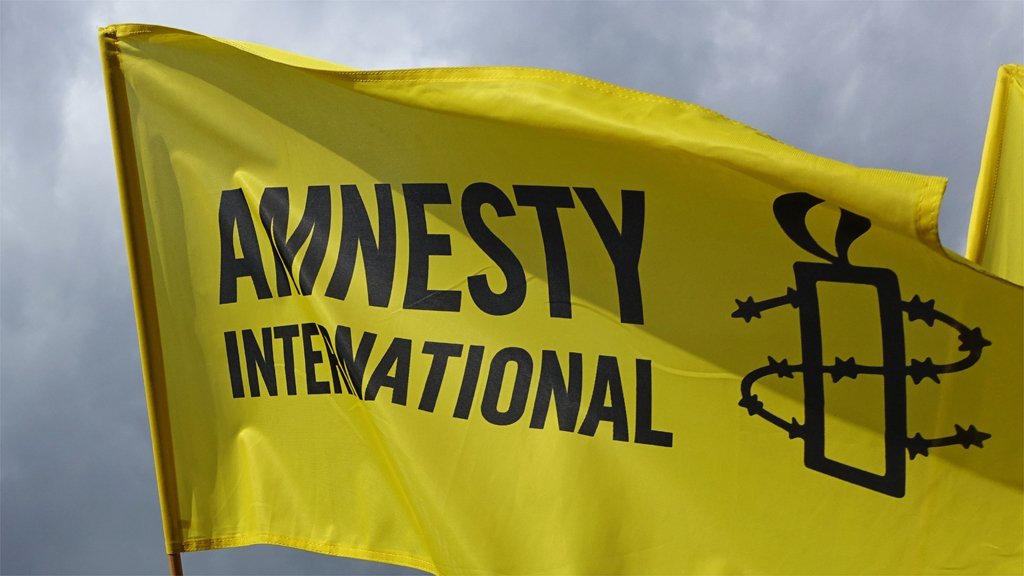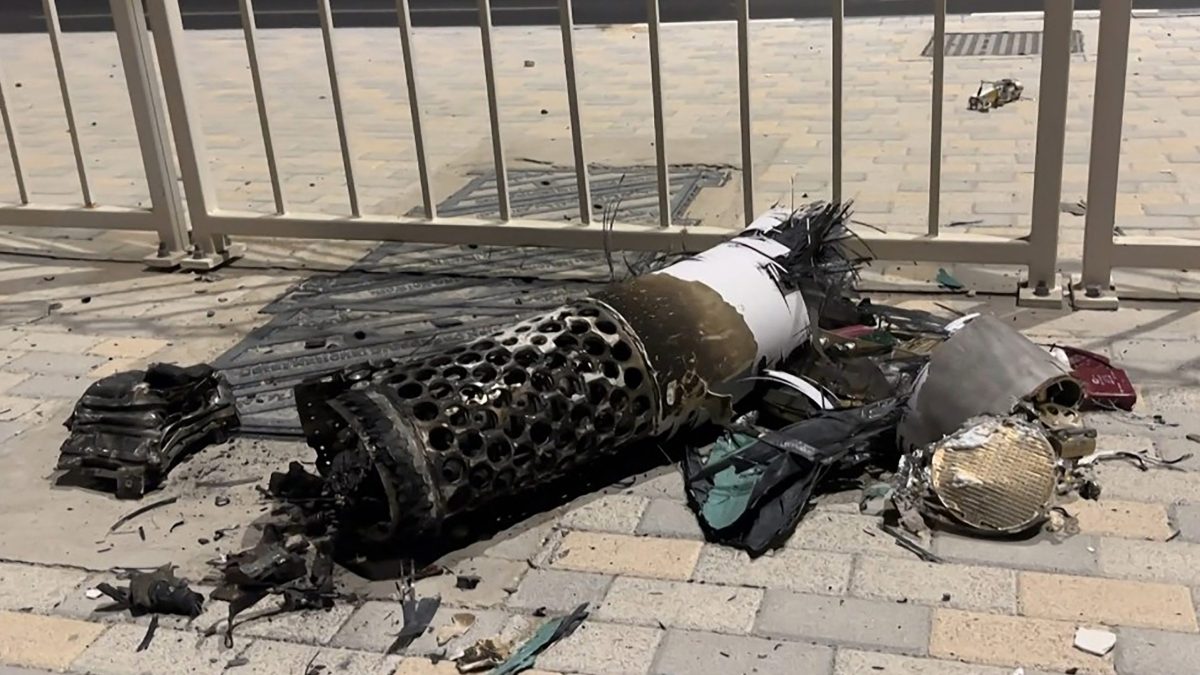Amnesty International has accused Iran of using internationally prohibited cluster munitions during its June conflict with Israel, warning that such attacks placed civilians at serious risk and could amount to war crimes.
In a report released on Thursday, the human rights group said Iranian forces fired ballistic missiles containing submunitions into populated areas of Israel during the brief war between the two nations. Amnesty said its analysis of photos and videos, along with media coverage, indicated that the munitions struck the densely populated Gush Dan area surrounding Tel Aviv on 19 June.
The attacks reportedly continued in the days that followed, with the southern city of Beersheba hit on 20 June and the coastal city of Rishon LeZion targeted on 22 June. Amnesty said the evidence pointed to the use of weapons that left multiple impact craters consistent with those created by cluster submunitions.

“By using such weapons in or near populated residential areas, Iranian forces endangered civilian lives,” said Erika Guevara Rosas, Amnesty’s senior director. “Their deliberate use of inherently indiscriminate weapons is a blatant violation of international humanitarian law.”
Cluster munitions, which explode mid-air to release numerous bomblets, are widely condemned due to their indiscriminate nature and lingering threat—many bomblets fail to detonate on impact, posing a long-term danger, especially to children.
While over 100 countries have signed the 2008 Convention on Cluster Munitions, banning the use, production, transfer, and stockpiling of such weapons, neither Iran nor Israel is a signatory.
Despite that, Amnesty underlined that international law still prohibits the use of weapons that cannot distinguish between military targets and civilians. Launching indiscriminate attacks that cause civilian harm, it said, is considered a war crime.
The 12-day conflict began on 13 June when Israel launched an air campaign aimed at halting what it said were Iran’s nuclear ambitions—claims Tehran has repeatedly denied. The exchange marked one of the most direct and intense confrontations between the two regional rivals in recent years.


 Trending
Trending 